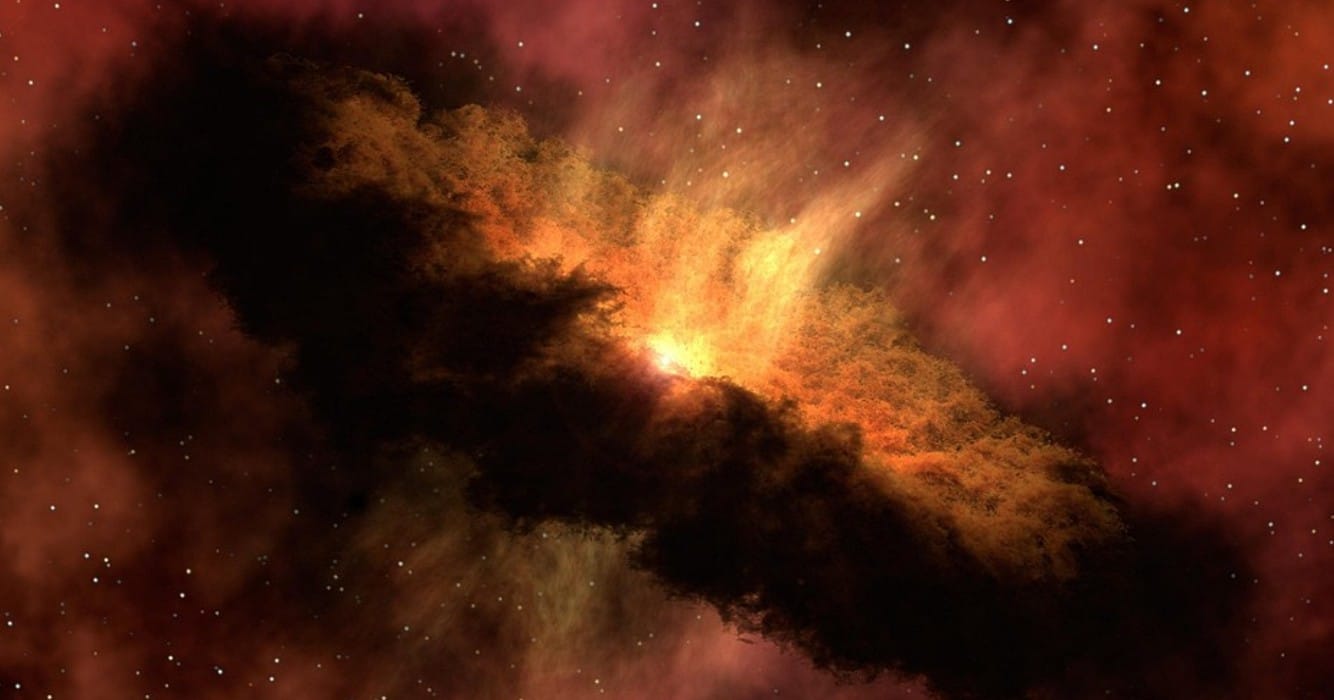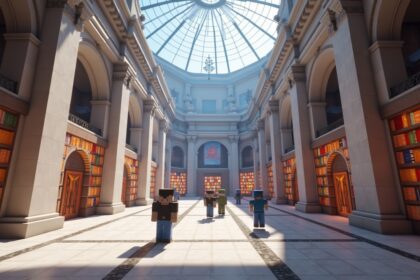The nonagenarian Nobel laureate had worked with Stephen Hawking and found, among other things, the cycle of time, a major step in the continuous evolution of our cosmos over eons. The current universe did not begin with the Big Bang, according to Nobel Prize-winning mathematical scientist Roger Penrose, and there was an earlier cosmos.
Revealing More

In his recent talk at a virtual meeting at the Saha Institute of Nuclear Physics here from Oxford, Penrose suggested that remnants of the ancient cosmos can be seen in current black holes and specific areas of electromagnetic radiation in the sky.
A Huge Discovery

Penrose, a contemporary of Stephen Hawking who is currently associated with Oxford University, explained the theory of the “conformal cyclic cosmology,” which talks of the infinite cycles surrounding the universe and Big Bang, by stating that this universe will be replaced by another after millions of years, leaving the mark of the current universe in black holes.
His study of black holes earned him the 2020 Nobel Prize in Physics. The nonagenarian Nobel laureate had worked with Stephen Hawking and found, among other things, the cycle of time, a major step in the continuous evolution of our cosmos over eons.


